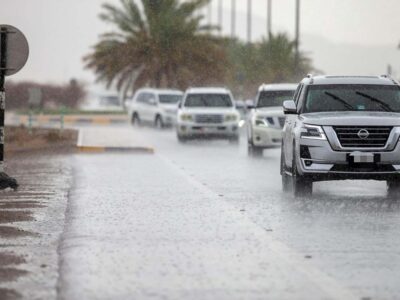Dubai has been ranked among the safest cities in the world to live in, however its residents are among the most overworked, according to a new study on work-life balance published by mobile tech company Kisi.
Kisi’s study compared data on work intensity, institutional support, legislation, and liveability, ranking cities based on their success in promoting work-life balance, in the “context of rampant inflation, the fallout from the pandemic and war in Ukraine.”
Within the category of work intensity, Dubai came out highest for most overworked population, meaning full-time employees work more than 48 hours per working week. The UAE recently became one of the first countries to have a 4.5 work week for public sector employees, in a move towards promoting a healthier work-life balance.
Dubai came up first in terms of the number of vacations days offered to employees and having the lowest unemployment levels.
Echoing the overworked score, the emirate was on par with Buenos Aires for the percentage of employees who have more than one job.
The emirate performed well in terms of remote job opportunities coming up sixth out of the 49 global and 51 US cities surveyed, for number of such opportunities and having solid infrastructure in place to support remote work.
Coronavirus response
Under the category for society and institutions, Dubai ranked first place for mitigating the impact of coronavirus on the economy, the public healthcare sector and society (when it comes to the effects of imposed restrictions).
It however scored the least on the income support provided by governments to workers affected by the economic effects of the pandemic. Results of the study did not take into account Dubai’s recent unemployment scheme where both residents and UAE citizens who lose their jobs are eligible to receive 60 percent of their basic salary, or up to AED 20,000, each month.
Within the same category, the emirate came up second lowest for mental healthcare, a ranking which reflects the accessibility and effectiveness of governments’ implementation of mental health policies catering for individuals with mental health illnesses.
Under the city livability category, Dubai ranked second after Singapore in terms of safety, scoring high on environmental, social, and infrastructural security.
The emirate, however, came up last for “the prevalence and accessibility of a city’s urban green infrastructure,” and for air quality. It is worth mentioning that Dubai is the only GCC city included in the study.








